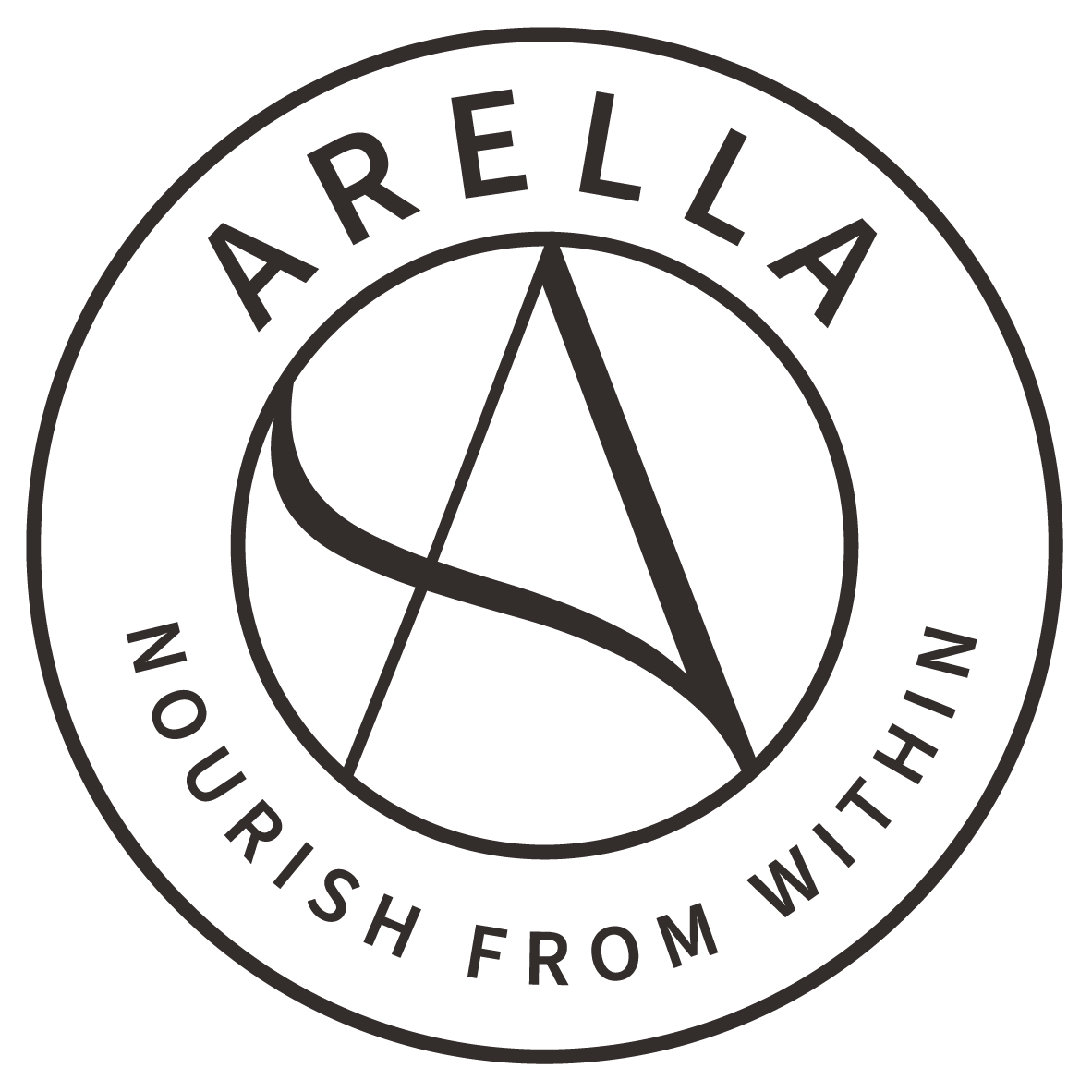Ozempic is a medication many people now associate with weight loss as well as type 2 diabetes treatment.
For some, it’s helped improve health and given them more confidence in their bodies, but it’s not without complications.
You may have heard the phrase “Ozempic face” being mentioned online or in the media. It refers to the changes some people notice in their skin and facial appearance during rapid weight loss.
These changes are a natural part of how the body adapts when it loses weight rapidly, but it’s something that many people aren’t prepared for.
Here, we will share some gentle ways to support your skin through weight loss.
What Is Ozempic Face?
Ozempic face is a term used to describe the facial changes that can appear during rapid weight loss while taking Ozempic or similar medications. People often notice:
● Slimmer or more hollow cheeks
● Skin that feels looser, particularly around the jawline
● Fine lines and wrinkles becoming more pronounced
It’s important to understand that Ozempic itself isn’t “causing” these changes. Instead, they’re a by-product of how the body responds to losing weight quickly.
When fat stores reduce, particularly in the face, the skin doesn’t always have time to adapt.
Combine that with the natural decline of collagen as we age, and skin may appear less firm or elastic.

In short, Ozempic face is really just another way of describing how the skin reacts when the body changes quickly. It’s common, and it’s something you can support with the right care.
Why Does It Happen?
To understand Ozempic face, it helps to know how skin maintains its structure. Two main factors are involved:
-
Facial fat pads – These sit beneath the skin and provide natural volume. They give cheeks their fullness and help keep skin smooth. When weight loss is rapid, these fat pads shrink quickly, which can make the face appear more hollow.
- Collagen and elastin – Collagen is the protein that gives skin its firmness, while elastin allows it to stretch and bounce back. As we age, collagen production naturally slows. When weight loss is added into the mix, the reduction in facial volume can make this collagen decline more visible.
Think of it like a balloon. When it’s full, the surface is smooth and tight. As air is released, the balloon deflates, and the surface can look wrinkled or saggy.
The same principle applies to skin after rapid fat loss.
While these changes can feel disheartening, they don’t have to be permanent in the way they first appear.
With the right support - from lifestyle choices to collagen supplementation - the skin can regain some of its strength, elasticity, and smoothness over time.

How to Avoid Ozempic Face
Not all facial changes can be prevented, but there are steps you can take to reduce the likelihood or severity of Ozempic face.
Prevention works best when started early, ideally before weight loss becomes rapid.
● Aim for gradual weight loss: Slower changes allow your skin more time to adjust. While not always possible, pacing your weight loss is kinder to your body and your skin.
● Prioritise protein: Adequate protein helps maintain muscle mass, which supports skin from underneath, and provides amino acids needed for collagen production.
● Maintain hydration: Keeping your skin cells hydrated supports elasticity and gives skin a smoother look.
● Avoid smoking and limit alcohol: Both accelerate collagen breakdown and can make skin changes more noticeable.
● Start collagen supplementation early: Giving your skin consistent collagen support from the beginning of your weight loss journey helps maintain strength and elasticity as your body changes.
These steps won’t stop every change, but they give your skin a strong foundation to handle weight loss more gracefully.
Using Collagen for Ozempic Face
Collagen is at the heart of reducing and preventing Ozempic face.
It’s the protein that provides structure and firmness to your skin, but our natural collagen production declines with age - often from our mid-20s onwards.
This means that when weight loss happens later in life, the skin can struggle even more to bounce back.
By adding collagen into your daily routine, you give your skin the support it needs to stay resilient. Collagen helps:
● Improve skin elasticity
● Reduce the appearance of sagging
● Support hydration and smoothness
● Maintain firmness during periods of body change
Arella’s vegan collagen supplements are designed to work with your body’s natural processes.
Unlike animal-derived collagen, our plant-based formulation encourages your own collagen production. It’s sustainable, suitable for all diets, and created with skin health in mind.
Consistent use can help your skin look and feel stronger, smoother, and better able to adapt as your body changes with weight loss.
For anyone concerned about Ozempic face, collagen supplementation is a proactive step that supports both skin and overall wellbeing.
Take a look at our new Skin Gummies to support your skin health.

Final Thoughts
Ozempic face may be a new term, but the changes it describes are not unusual. Rapid weight loss has always had an impact on skin, and while it can feel unsettling, there are ways to care for your skin and reduce the effects.
By staying hydrated, nourishing your body, protecting your skin, and supporting collagen levels, you can give your skin the resilience it needs.
Collagen is central to this process, and Arella’s vegan collagen supplements provide a natural, sustainable way to help your skin stay firm, elastic, and radiant throughout your weight loss journey.
Remember: your health and wellbeing come first, and your skin deserves just as much care and support as the rest of your body.
FAQs
Can I reverse Ozempic face?
The fat loss that contributes to Ozempic face isn’t usually reversible unless weight is regained, but the way skin looks and feels can be improved. Collagen support, good nutrition, and lifestyle changes can help restore elasticity, reduce sagging, and give the skin a firmer, healthier appearance over time.
How can I fix my Ozempic face naturally?
Supporting your skin through hydration, a balanced diet, daily sun protection, and consistent collagen supplementation can all help reduce the appearance of Ozempic face. Building a simple skincare routine with moisturisers and ingredients like hyaluronic acid can also improve firmness and hydration naturally.
Will collagen help with Ozempic face?
Collagen is one of the most effective ways to support skin during rapid weight loss. It strengthens the skin’s structure, improves elasticity, and helps reduce sagging. Arella’s vegan collagen supplements are designed to stimulate your body’s own collagen production, making them a gentle and sustainable way to care for your skin.
Can you take collagen supplements while on Ozempic?
Yes. Collagen supplements are generally safe to take alongside Ozempic, but it’s always best to check with your healthcare provider if you’re unsure. Vegan collagen is a supportive option that works with your body to encourage natural collagen production, helping maintain skin health during weight loss.





